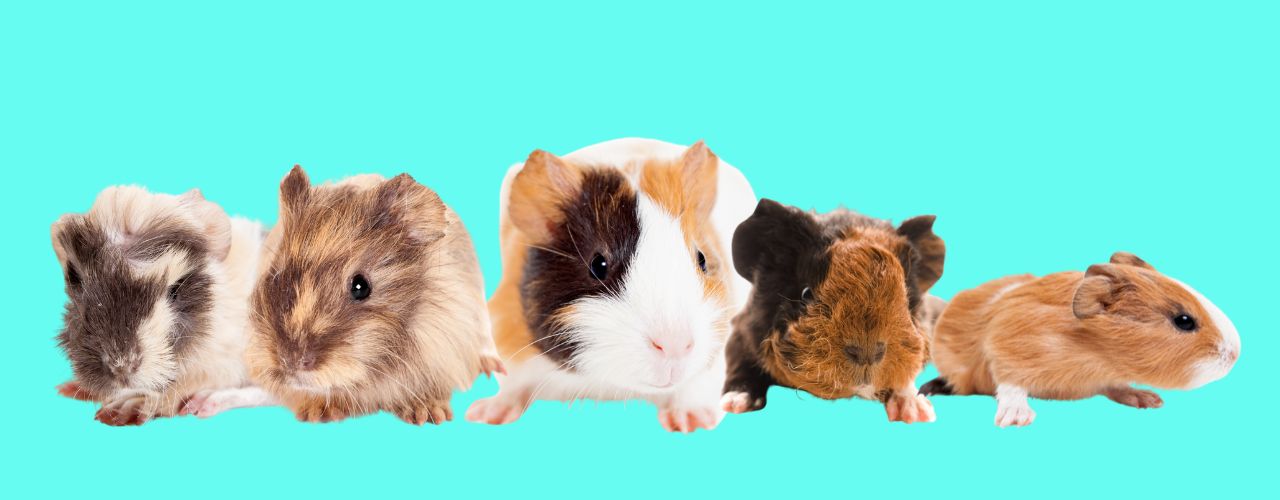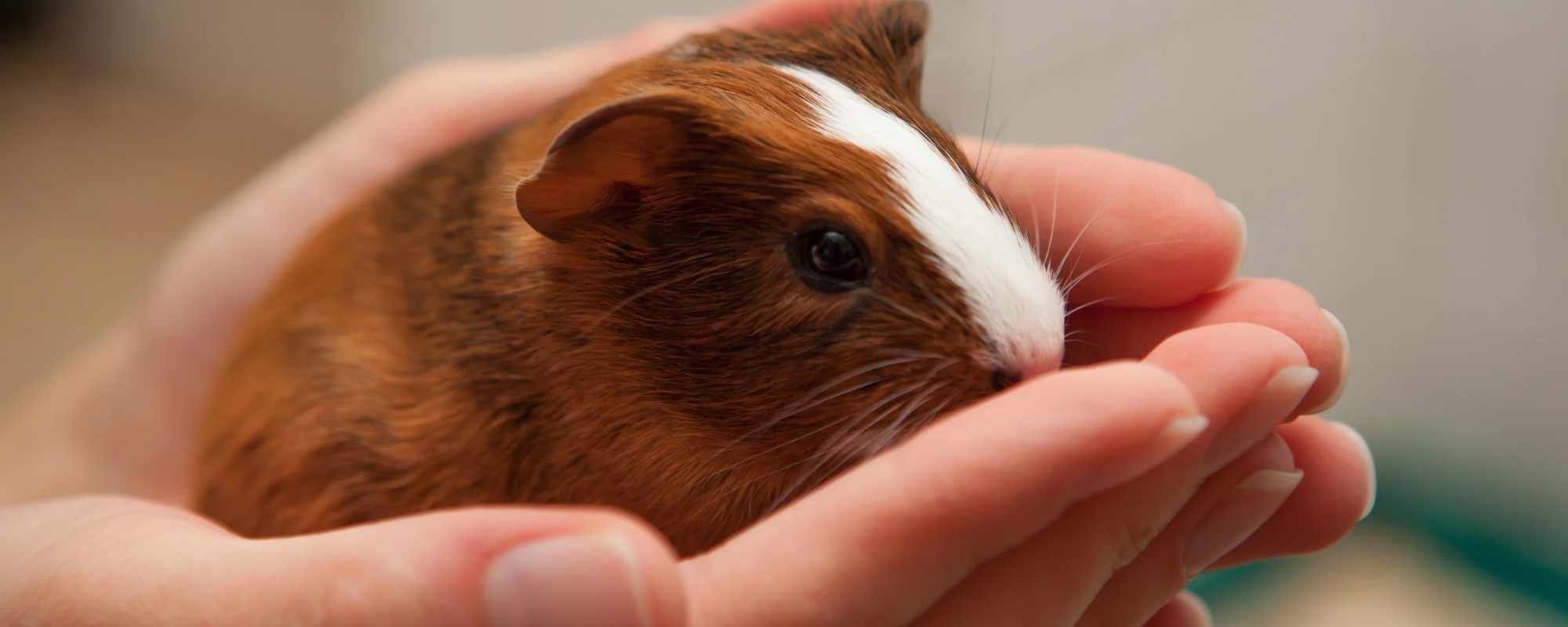A thorough guide to understanding your guinea pig’s body language and reasoning behind why they may be biting you.
Guinea pigs are adorable little potatoes with legs, but what happens when your sweet cavy starts acting like a tiny vampire? If your guinea pig is biting you, don’t take it personally—it’s their way of communicating! Whether you just brought home a new guinea pig that’s biting or the guinea pig you’ve had for a while is biting you – this guide covers the common reasons why guinea pigs bite and what you can do to stop it.
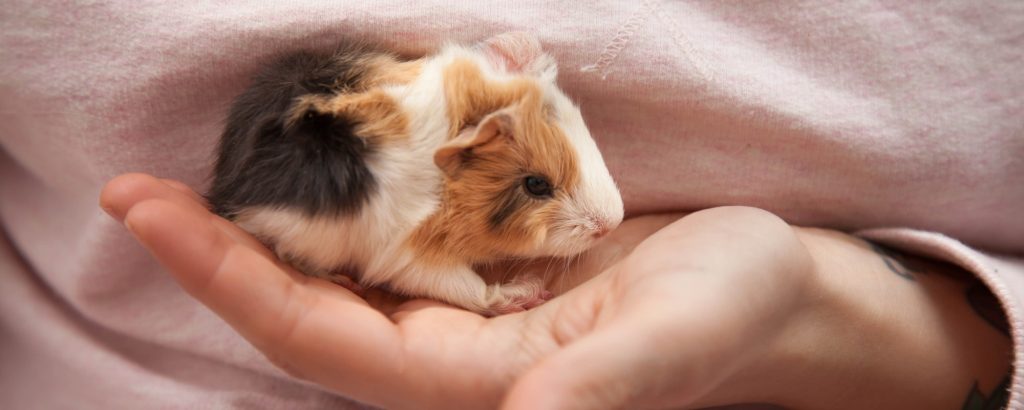
1. They’re Not Tamed Yet
If your guinea pig is new or hasn’t been properly socialized, they might be scared of humans. Some guinea pigs also become “counter-tamed” when handled improperly, especially by children who haven’t been taught how to interact with them respectfully. These bad experiences can cause your guinea pig to feel the need to defend themselves through biting. If this is the case, you’ll need to work extra hard to earn their trust and show them that this instinct is no longer necessary.
What to Do:
- Be patient and work on taming exercises. Try the taming exercises below or watch our short-form video taming playlist here.
- Never force interactions—let them come to you!
- Spend time near their cage speaking softly and offering treats so they learn to associate you with positive experiences.
- Hand feed them veggies rather than just dropping them in the cage.
- Avoid sudden movements or loud noises, which can startle them and reinforce fear.
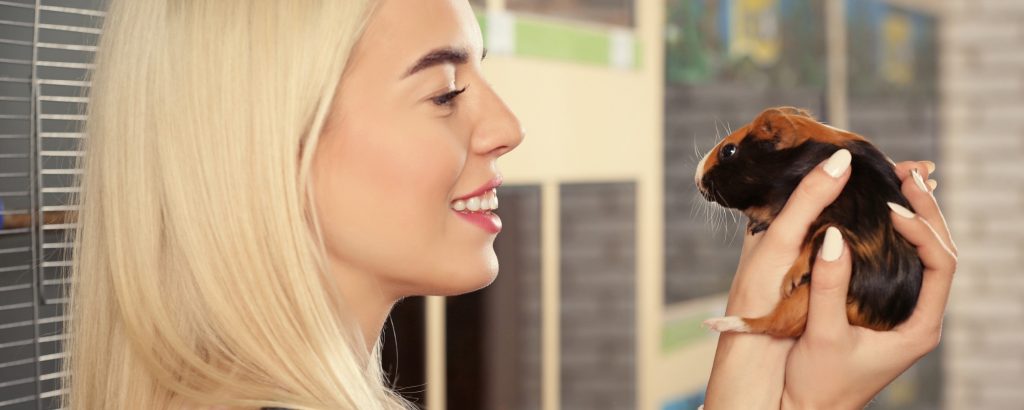
2. They Don’t Like Being Held
Some guinea pigs simply don’t enjoy being held, and that’s okay! This may just be their natural personality or could be a combination of some other reasons such as bad past experiences or not being tamed yet, so this may or may not change as you develop their trust. But for now, if you must hold them, making it a comfortable experience is key.
How to Help:
- Hold them in a hidey or blanket to make them feel more secure.
- Stay seated when holding you guinea pig instead of walking around with them.
- Offer their favorite veggies while holding them. Here’s a list of guinea pig-safe veggies.
- Keep handling sessions short and gradually increase the time as they get more comfortable.
- Support their entire body when picking them up to prevent them from feeling insecure. Here’s a short-form video displaying three ways to properly hold a guinea pig if you’d like a visual.
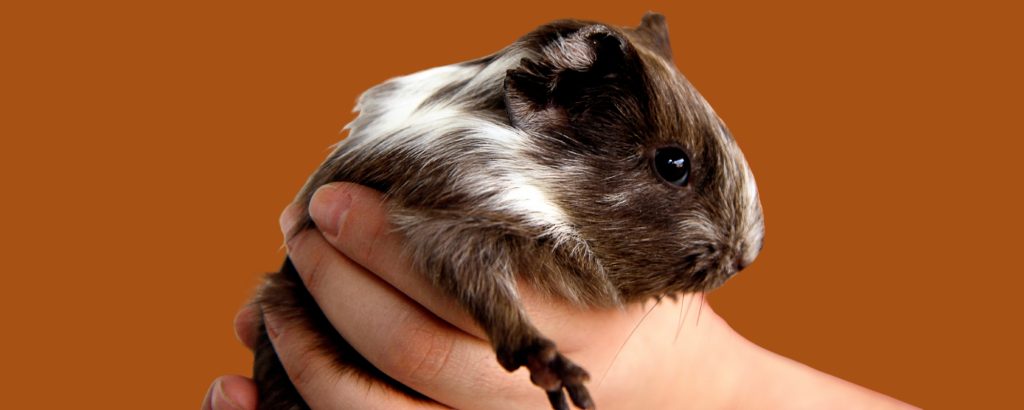
3. They Want to Be Put Down
Even guinea pigs that enjoy being held will want to be put down eventually, whether because they are hungry, bored, or possibly need to potty. One of my guinea pigs nibbles me when they need to pee and another of my pigs chatters their teeth, these are my signs to put them back into their cage. Biting is often a last resort! Guinea pigs will usually show other signs first, such as:
- Teeth chattering
- Wriggling or trying to escape
- Nipping before escalating to a full bite
Solution:
Learn your guinea pig’s signals and respect them. If they’re showing signs of discomfort, put them down before they feel the need to bite.
- If they struggle every time you pick them up, work on desensitization by touching and lifting them in very short increments, rewarding them for staying calm.
- Ensure they have a comfortable, secure lap setup with a hidey or fleece to reduce stress.
- Always have something they like such as lettuce for them to enjoy being held more.
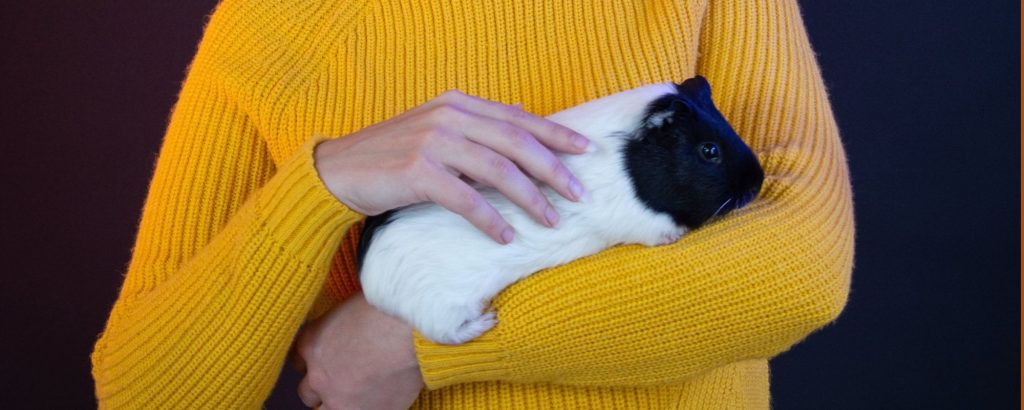
4. They’re in Pain or Uncomfortable
Guinea pigs sometimes nibble or bite when they’re uncomfortable. This could mean:
- They need to pee (some guinea pigs will give a little warning nibble!)
- You’re petting them in a way they don’t like
- They feel too exposed and need a hidey
- They have a health issue that’s causing pain
Fix It:
- Observe their behavior and adjust accordingly.
- Provide a hidey if they seem nervous.
- If biting persists, check for health issues and visit a vet if needed. Check their teeth, especially the front four to see if any are broken, check their nails to see if they need to be trimmed and are causing pain, check their paws to ensure they don’t have any rashes or other issues such as bumblefoot, check their coat for any signs of cuts, scabs, or parasites.
- Monitor for signs of pain, such as reluctance to move, loss of appetite, or squeaking when touched.
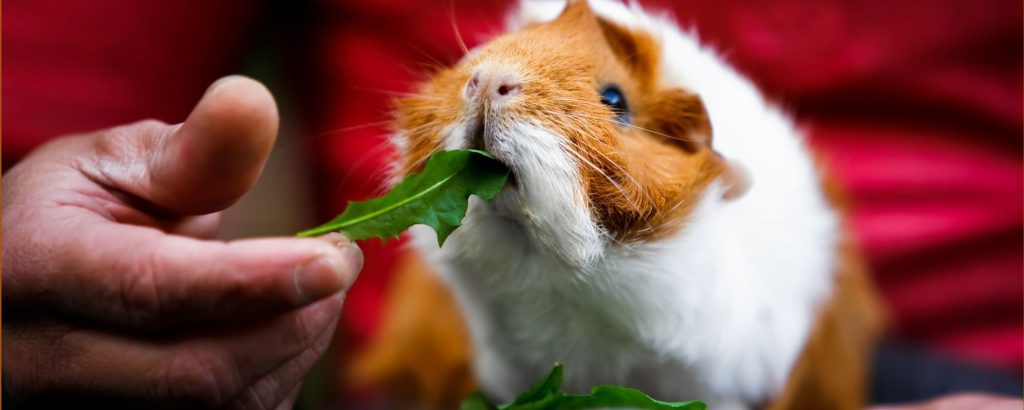
5. They Mistook You for Food
Guinea pigs don’t have the best eyesight, and their little test nibble can sometimes turn into a full-on bite if they mistake your finger for a carrot.
Prevent This By:
- Being mindful of hand and finger placement when feeding treats.
- Keeping nails natural-colored if they tend to mistake bright polish for food or pay special attention to where they’re sniffing (about to bite) when you do have nail polish on.
- Washing hands before handling them, especially if you’ve been handling fruits or veggies. Washing hands before and after handling guinea pigs is a good idea anyway, to keep both them and you safe from transmitting diseases to each other.
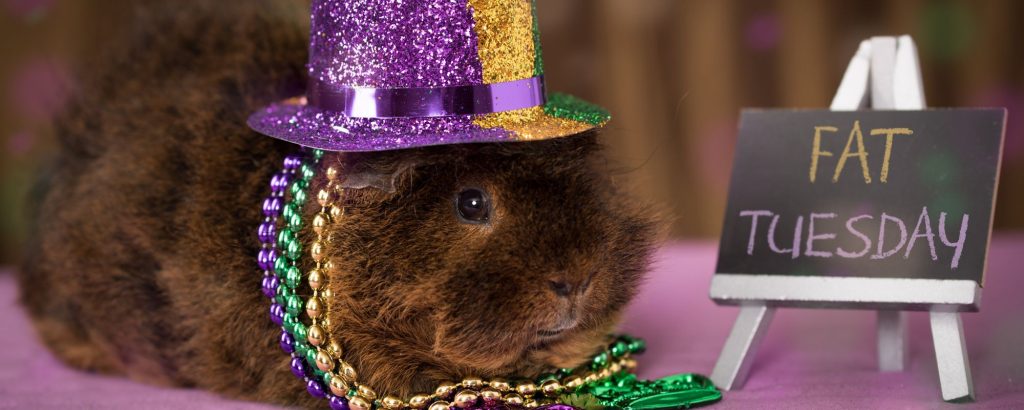
6. They’re Hungry or Need Something to Chew On
A guinea pig that’s chewing on you might just need a snack or something to gnaw on. Guinea pigs have an almost constant urge to chew so if they don’t have something appropriate to chew on then they’ll find something else to chew on (like your finger!)
What to Do:
- Always have hay, chew toys, or veggies available during cuddle time.
- Offer safe chewable items like wooden blocks or apple sticks to satisfy their natural chewing instincts.
- For some good quality chew toys, check out Small Pet Select.
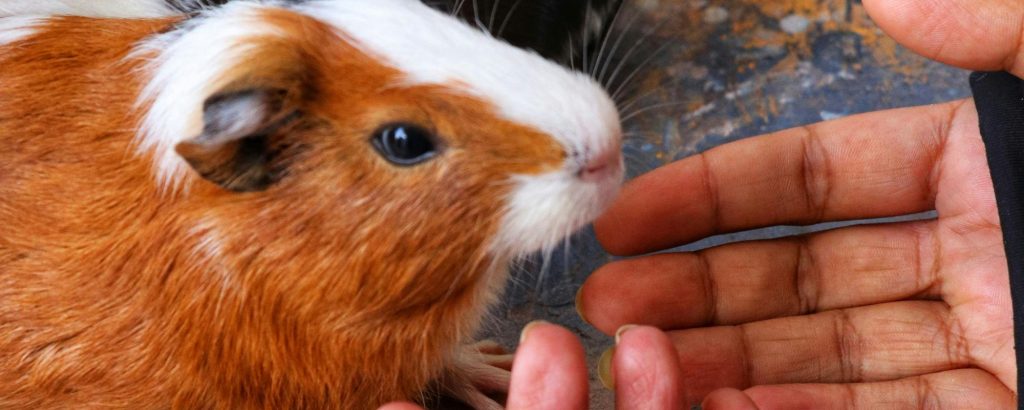
7. They Haven’t Learned Bite Inhibition
Animals usually learn bite inhibition as babies from their littermates, but some guinea pigs miss this important lesson.
How They Learn:
- If they bite too hard, your natural reaction (yelping or pulling away) will teach them that biting hurts.
- Be consistent and gentle—no punishment, just natural feedback.
- Redirect them with a chew toy if they start nibbling inappropriately.
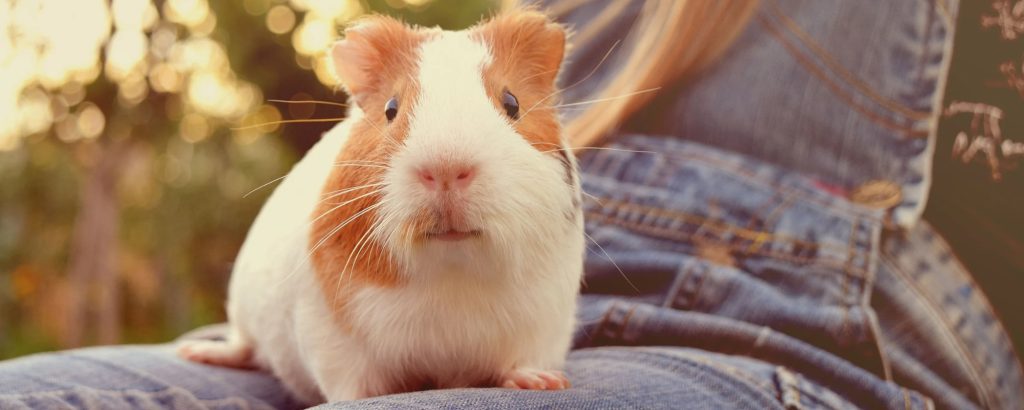
8. You Startled Them
Guinea pigs can bite if they get startled, especially if they didn’t see or hear you coming. This can happen if:
- They were asleep when you reached for them.
- Their face was covered by a hidey, fleece, or another object.
- You approached them from behind or from an angle they couldn’t see.
- They have a disability, such as vision loss (cataracts, blindness) or hearing impairment, which makes it harder for them to anticipate you.
- They are experiencing extra stress due to pain, loud noises (like fireworks), or are a solo pig (not having a partner or herd causes guinea pigs to be naturally more on-edge and startled).
How to Prevent Startle Biting:
- Announce yourself with soft talking or gentle rustling so they know you’re coming.
- If you suspect hearing loss, put your hand in front of them first so they can see you.
- If they have both hearing and vision impairments, gently pat the floor of the cage near them so they feel the vibration before you touch them.
- Minimize sudden environmental stressors that could make them more reactive, such as loud noises or bright lights.
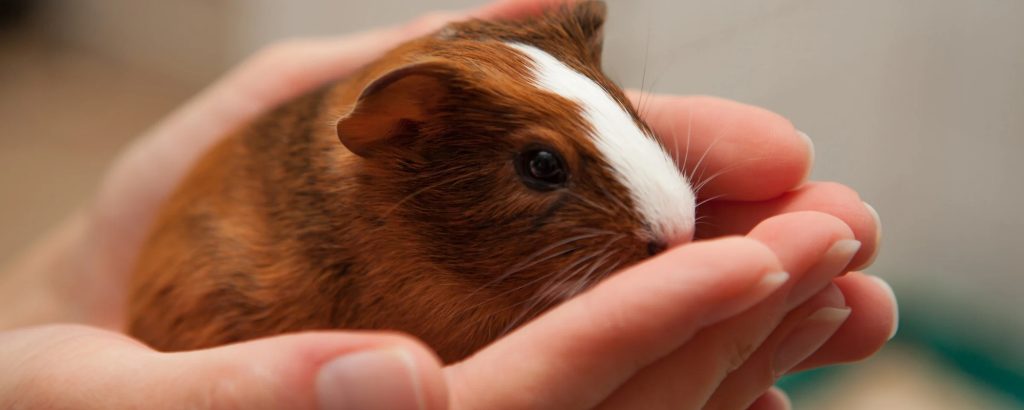
Taming Exercises to Reduce Biting
Training your guinea pig to trust humans (taming) can go a long way in preventing bites. Here are some easy, effective exercises:
1. The Treat Dish Trick
- Place a small dish of treats in the cage and, throughout the day, drop a pinch of treats in while passing by.
- After a few days, add a verbal cue like “hello” to associate your voice with good things.
- Gradually, sit by their cage and drop treats in while talking softly to encourage trust.
2. Teaching Them to Come to Your Hand
- Rest your hand flat in the cage with treats on your palm.
- Lure them onto your hand using another treat.
- Gradually increase comfort until they walk onto your hand willingly.
- Slowly introduce gentle lifting to build trust. Step-by-step video tutorial here.
- Repeat daily, making sure not to rush progress.
3. Hand Targeting (“Touch”)
- Hold your hand upright a few inches from your guinea pig.
- Reward them when they sniff or touch your hand.
- This helps them associate hands with positive interactions.
- Once they’re comfortable touching your hand, use it to guide them onto your lap or into a carrier.
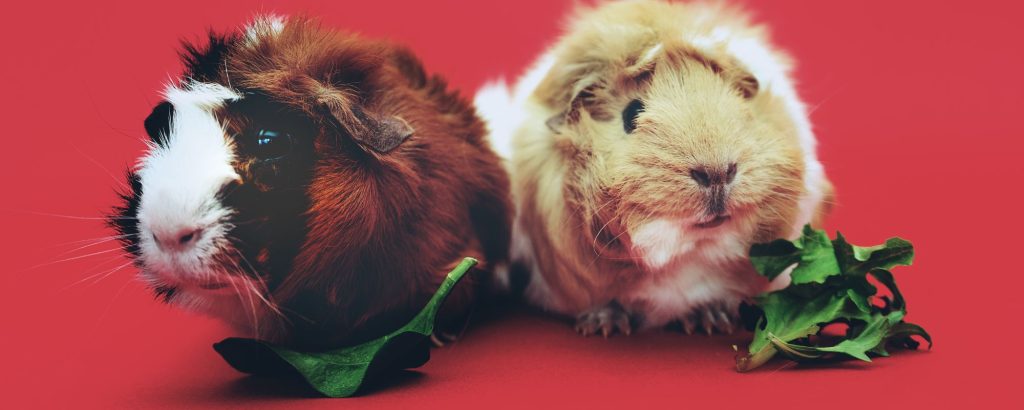
Final Thoughts
Guinea pigs rarely bite without reason! If yours is nibbling or full-on chomping, pay attention to their body language and make adjustments accordingly. With patience, proper handling, and taming exercises, you can build a strong bond with your cavy—without the bite marks!
Have a question about guinea pig behavior? Drop a comment below! And as always—Keep Cool & Cavy On!
